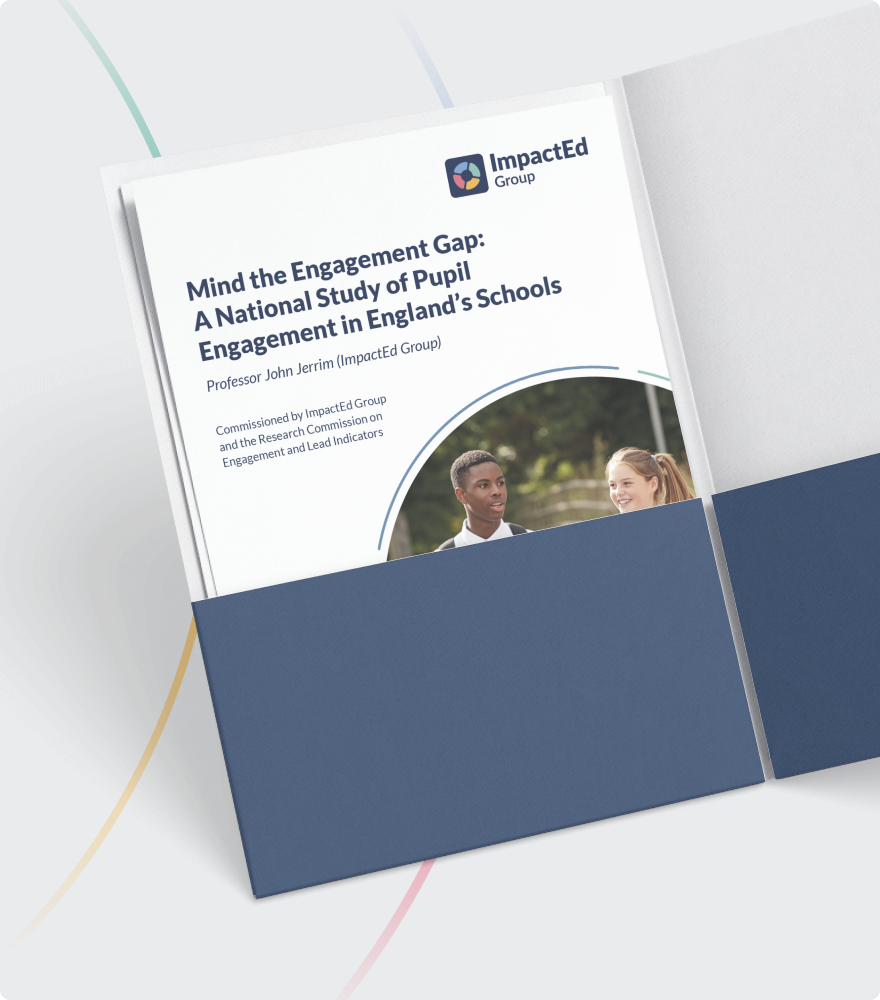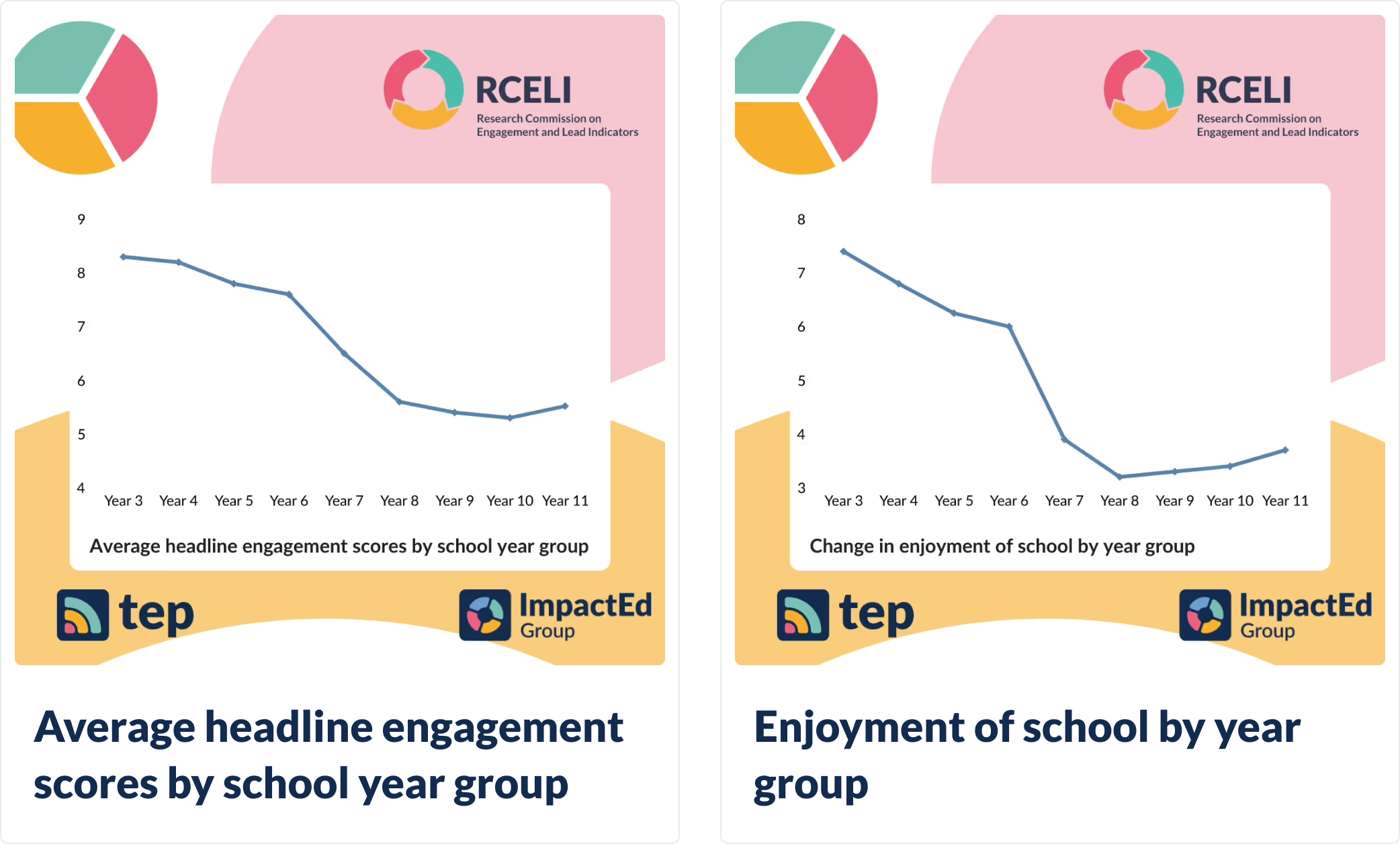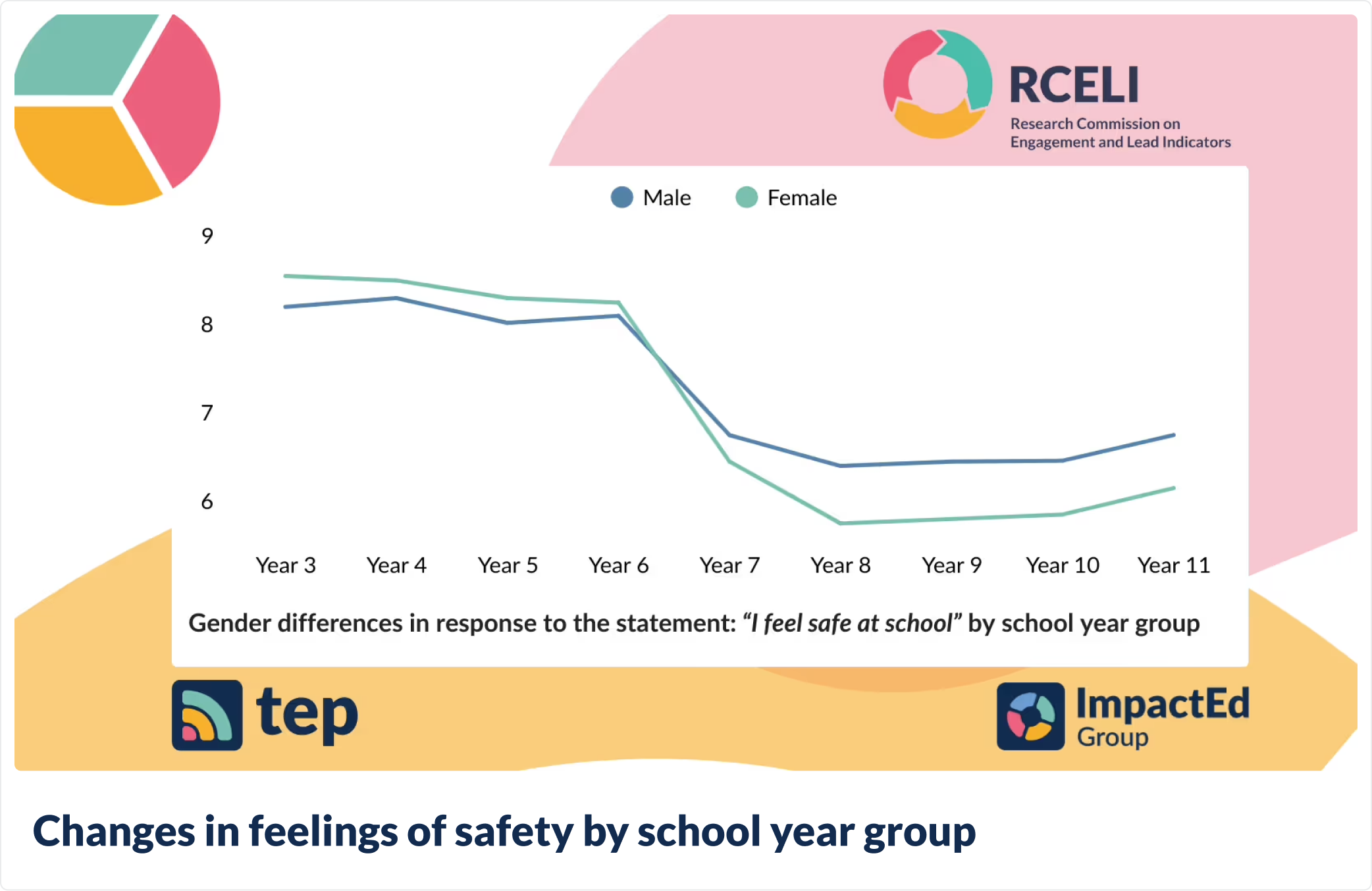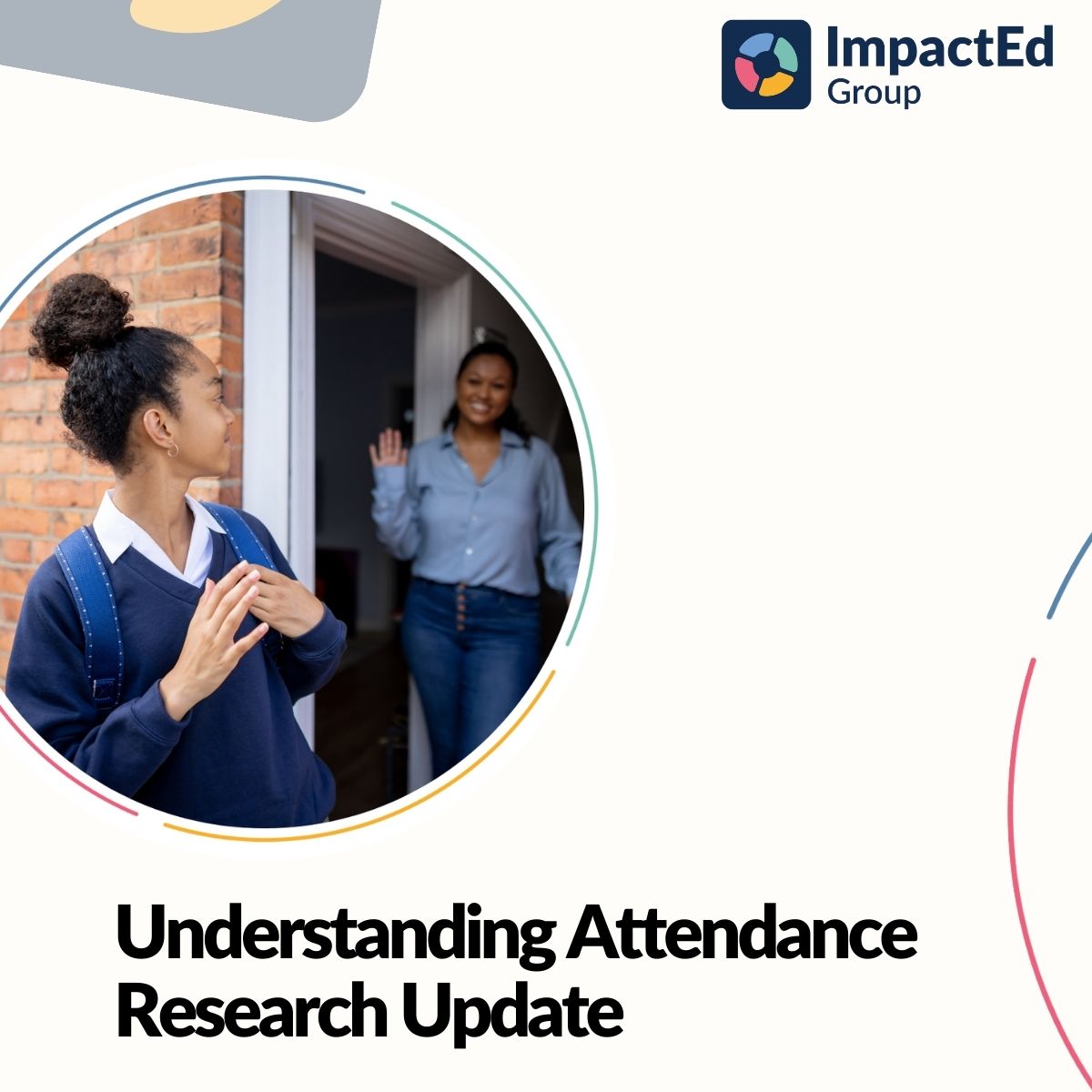
Mind the Engagement Gap: A National Study of Pupil Engagement in England’s Schools
Read the full report
Fill out the form to access the complete article
Mind the Gap
Commissioned by ImpactEd Group and the Research Commission on Engagement and Lead Indicators.
Year 7 crisis: 1 in 4 Pupils Disengage from School in First Year of Secondary, Study Reveals
Biggest national study of 100,000+ pupils shows steep drop in engagement – especially for girls and disadvantaged pupils
More than one in four pupils begin to disengage from school during Year 7, according to the largest-ever study of pupil engagement in England. The new research identifies the first year of secondary school as a critical flashpoint in children’s education — with most pupils never fully re-engaging with school again.
The findings come from the Commission on Engagement and Lead Indicators, led by ImpactEd Group in partnership with the Association of School and College Leaders (ASCL), Confederation of School Trusts (CST), The Reach Foundation and Challenge Partners.
Using insights from over 100,000 pupils across England through The Engagement Platform (TEP), the Commission tracked how pupil engagement changed across the 2024–25 academic year. The data offers a uniquely detailed national snapshot of when and how pupils start to disconnect from school — and the impact this has on attendance, wellbeing and longer-term outcomes.
Data shows that levels of enjoyment, trust, agency and safety drop dramatically among Year 7 pupils and never fully recover.
While pupils in primary school report consistently high engagement — averaging over 8 out of 10 in key areas — this collapses during the first year of secondary.

Key findings
Year 7 marks a steep and lasting drop in engagement:
- Pupils’ average school enjoyment score drops from around 6.0 in Year 6 to 3.8 in Year 7, then falls further to 3.2 in Year 8.
- Headline engagement — which includes willingness to recommend and return to the school — follows the same downward trend and never fully recovers in secondary years.
Disadvantaged pupils and girls are hit hardest:
- Pupils eligible for Free School Meals report lower levels of trust, enjoyment and belonging — with the gap widening through secondary.
- Girls are more likely to feel unsafe or worried, particularly in Years 7–9, despite showing higher academic drive than boys.
Falling engagement predicts absenteeism:
- Secondary pupils in the top 25% of engagement scores in November 2024 are 10 percentage points less likely to be persistently absent than those in the bottom 25%.
- Less engaged pupils are also more likely to arrive late to school.

Detailed findings
When asked about feelings of safety, pupils reported lower engagement in the early years of secondary school than in primary and also experience a further decline between the Autumn and Spring term in secondary school. Data shows that feeling safe in schools falls from 7.21 in Year 7 to 5.89 in Year 9 for female pupils, and from 7.40 to 6.55, respectively, for male pupils.

Once pupils disengage in Year 7, they rarely re-engage at the same level again. This raises a serious question about how educators can support the critical transition period of Year 7 to ensure pupils remain engaged for the long-term.
Latest reports
Latest research, campaigns and resources from the team at ImpactEd Group
Get in touch
To speak to one of our senior team about how we could support your work, please get in touch






.png)